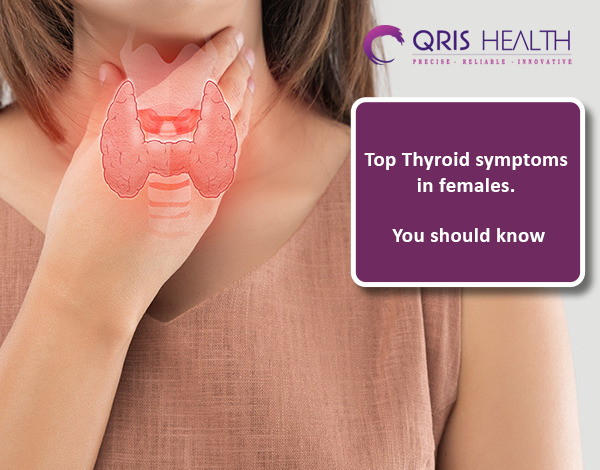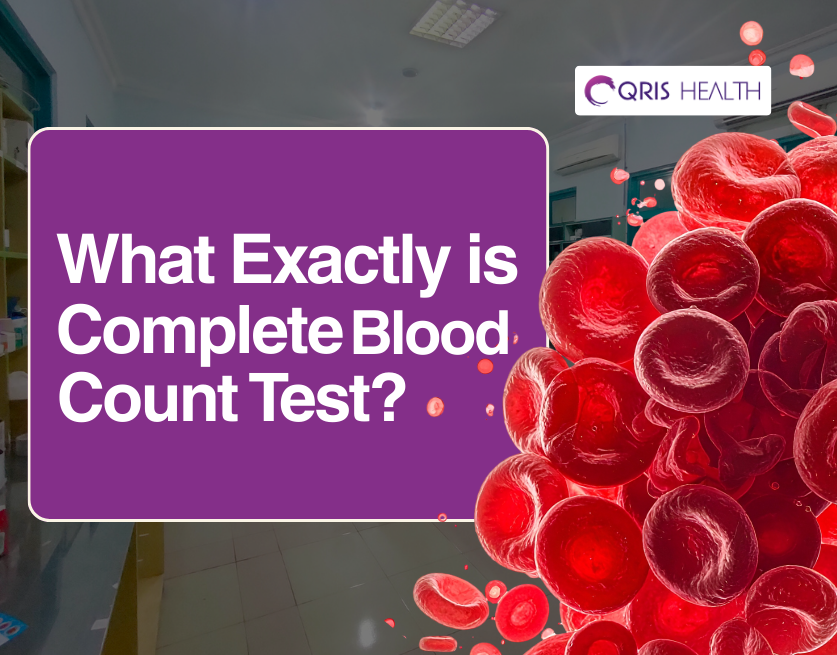Hypothyroidism
Hypothyroidism is a situation where the thyroid gland fails to secrete sufficient thyroid hormone thyroxine into the blood in sufficient quantity. It has an adverse effect on almost all physiological activities, be it neurological, gastrointestinal, cardiovascular, metabolic or other processes. Several reasons might affect the occurrence of hypothyroidism, including thyroid removal surgery, autoimmune disorder, radiation therapy, and more. If one checks hypothyroidism scientifically, it is a growing situation of thyroid stimulating hormone and low thyroxine levels. Some people may reflect partial symptoms with higher TSH levels, but others remain untouched.
Root Cause of Hypothyroidism
Primary and secondary hypothyroidism are two types of thyroid to be taken care of. The primary one delivers immediate effect and increases the thyroid hormones. Secondary reasons may include the pituitary gland's inability to regularise the thyroid hormone levels through the released hormones called TSH.
Primary Cause of Hypothyroidism
The basic reasons here can vary from person to person, but the main ones are as follows:
-
Hashimoto disease, which is an autoimmune disorder, can activate this chronic lymphocytic thyroiditis. It can be a hereditary problem in some cases. The autoimmune reaction against the thyroid gland results in Hashimoto illness, where the thyroid fails to secrete sufficient hormones.
-
Other reasons can be as follows:
-
Thyroiditis (thyroid inflammation)
-
Removal of the thyroid may lead to this problem. In some cases, it may also happen due to the radiation. Sometimes, one may experience some other unlikely situations, too.
-
This situation, in medical terms, is called hyperthyroidism medication administration.
-
Insufficient intake of iodine
-
Hereditary problems where the disease runs in the family.
Among women, you may commonly find postpartum thyroiditis and viral illnesses, which can be the root cause of thyroid issues.
How do you know that you are suffering from hypothyroidism? What are the symptoms?
People suffer from thyroids for years but fail to understand or withstand the symptoms in time. Certain situations that might be alerting you about having this disease may include:
-
Fatigue or continuous lethargy
-
Numb hands or the ongoing tingling feelings in the hand
-
Constipated, like almost every single day
-
Increasing weight with the same diet and lifestyle
-
Recurring pain all over the body, followed by muscle weakness.
-
Growing cholesterol in the blood
-
Excessive mood swings
-
Dry and rough skin and hair throughout
-
Reduced interest in sexual relations
-
Heavy and frequent menstruation cycle
-
Face and eye swelling is another situation that a patient might feel. It might also suggest a flowing emotional state. Drooping eyelids can be another symptom.
-
A hoarse or lower voice is another symptom that may be due to the thyroid.
-
Forgetting things is another symptom, which is definitely the last thing anyone wants for them.
Treatment Suggestions For Hypothyroidism
If anything is lacking in your body, what will be the right course of action? Supply the same, right? Here, you also need to provide for the hormone which your thyroid is failing to produce, which can help to a great extent.
The treatment here starts with the right medication, which might help to maintain a healthy lifestyle. The first medicine suggested here is Levothyroxine, which is mostly advisable to take orally. It is known to stimulate the body and push it to produce more thyroid hormone. It checks for any imbalances in the body and looks for ways to overcome them slowly with regular consumption. Besides that, consulting your doctor will be the right decision to go with. Taking a TSH test on the first hand to diagnose the issue properly will ensure your treatment is on the right path. Medicines may be needed to last forever to maintain a healthy life. Regular checkups and frequent tests will ensure you have no health hazards any day.
Wrapping Up
Treatment to cure hyperthyroidism may last forever, but here, we suggest taking precautions and measures to live a healthy life. If you stay in Delhi or nearby, you can book an appointment with Qris Health, which offers packages for thyroid testing. Their packages are economical and have reliable results. They deliver the reports quickly, and those who cannot travel all the way to the Qris Health lab can ask them to collect the samples from their homes. Remember to take care of your health first, always!
We Suggest following Test/Package related to this article
Full Body Checkup With Vitamin Screening
Go Back to Home Page






